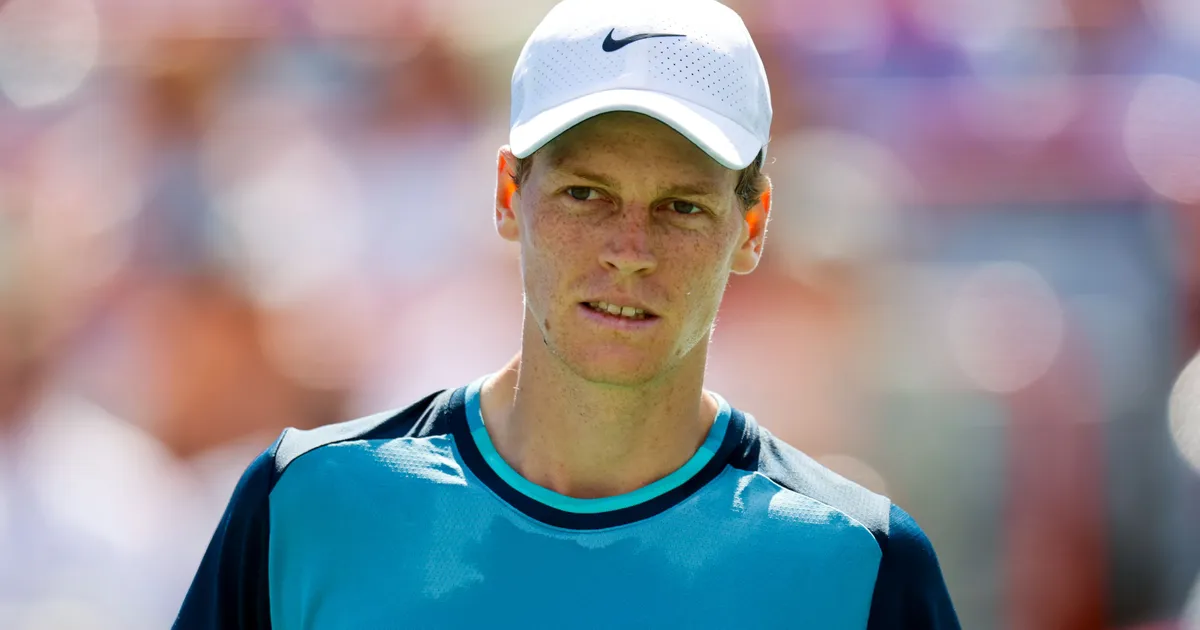Jannik Sinner‘s case settlement with the World Anti-Doping Agency (WADA) has caused much controversy, and the ATP world No. 1’s lawyer said the player was hesitant about accepting the deal made.
Sinner’s case had been ongoing since the 2024 Indian Wells Open in March after he tested positive twice for the banned substance clostebol, although fans did not know about the case until August because the International Tennis Integrity Agency’s (ITIA) investigation was kept private.
WADA appealed the ITIA’s decision to clear Sinner despite not disputing that his physiotherapist accidentally contaminated him. If the Court of Arbitration for Sport had ruled in WADA’s favor, the Italian could have faced a ban of between one and two years.
Instead, tennis fans worldwide were left shocked when WADA and Sinner’s team announced on February 15th that both parties had agreed to end the case in exchange for the 23-year-old serving a three-month ban.
Many have been curious about the details behind the scenes surrounding the case. Sinner’s lawyer, Jamie Singer, provided some to BBC Sport. He revealed that WADA approached about settling the case in January, but Sinner’s team wanted to submit the full defense first.
After the defense submission, WADA approached for a second time. According to Singer, the process happened quickly, but getting Sinner to agree to the case settlement was challenging since he passionately felt he was innocent.
“It all happened unbelievably quickly. In a matter of a couple of days, really. When I was saying ‘well, look, maybe we should settle for three months’, he was saying ‘well, why would we do that if the first independent tribunal found it was no ban at all, why would I accept three months now?”
“My advice was ‘one never knows what’s going to happen at a hearing, we know that WADA are pushing for a year, if we don’t accept their offer then they will go to court looking for a year and who knows what those three judges could do’. So the possibility of three months, in my view, was a good possibility.”
Singer also defended Sinner from those who feel he received biased treatment compared to other players. The lawyer mentioned that the three-time Grand Slam champion never denied the science, contributing to the case being resolved more quickly.
“From day one [Jannik] didn’t challenge the science, he didn’t challenge the test, didn’t challenge the rules. He accepted, even though it’s a trace – it’s a billionth of a gram – he accepted that he was liable for what was in his body.”
“And so we didn’t waste time and money on all of those challenges, which traditionally defense attorneys would throw the kitchen sink at. We just focused on the evidence of what actually happened, and when we did that we managed to do that very quickly and demonstrate very plausibly what had happened.”
Sinner’s lawyer admitted that the timing of the ban until May 4th worked well for Sinner because he will not miss any Grand Slams, but said they are not responsible for that happening.
“We can’t get away from the fact that you can’t choose when these things happen. So the fact that WADA approached us and in the next three months there are no Grand Slams, that seemed to me to make their offer more compelling.”



